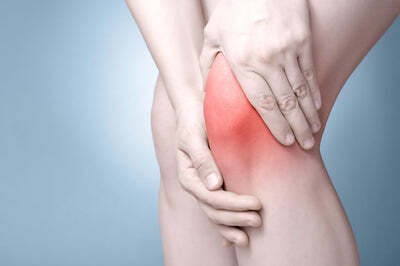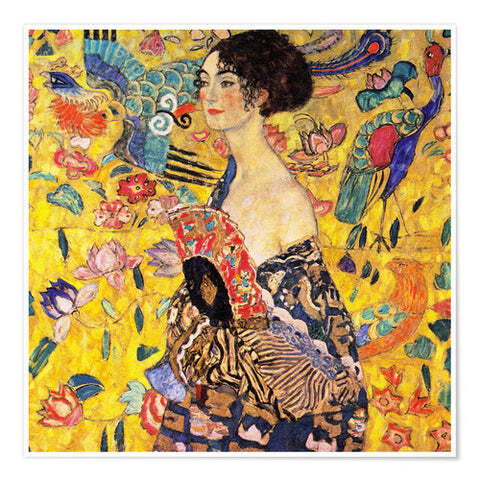
Hormonal Changes during Pregnancy and Menopause
As a girl, you learn about getting your period and when you are lucky about pregnancy and all pregnancy health and hormones related symptoms but yet most of middle-aged women find themselves unprepared for menopause and midlife health challenges. It’s time to start the conversation and embrace menopause and midlife as a positive time in a woman’s life.
Did you know that there are actually a number of similar symptoms during a woman’s life when she is pregnant or in menopause. These are all changes in hormones and unlucky (as women) we have to get through these stages a few times in our lives, I say unlucky because at the moment I am experiencing menopause symptoms.
When I was pregnant (I had 2 boys), I didn’t mind the pregnancy symptoms, it was a part of the job to grow a tiny human, but now at the age of 50 it’s a whole different story, I want an active, energetic lifestyle with work, sport and leisure but the body doesn’t want to do what I like to do.
When I was in my mid-twenties (not thinking about pregnancy at all) my mum was in her menopause and I only remember her having hot flashes and waving a lot with her fan, she was tired and had mood swings but further than that I can’t remember.
Now, in the middle of menopause I experiencing lots of the common symptoms like hot flashes and sleeping problems (so mum I feel you!) but also joint pains and I wanted to get more information and share it with you in this blog to start the conversation and to end the silence and shame around menopause but to rather embrace it.

Sharing Classic symptoms
Different studies found that menopause and pregnancy share some classic symptoms. These include: missed period, bloating and cramping, sleeping problems, fatigue, hot flashes, night sweats, mood swings, weight gain, hair loss and low libido.
But also common amongst women around 45-55 are joint pains. A lot of women tend to get joint pain and morning stiffness when they are in the menopause. Most complaints are pain in the little joints of fingers and hands but also knee, hip en spine problems are much heard issues. Research has shown that the cause of these joint pains are also hormonal changes in our body during menopause.
What are important hormones when Pregnant or in Menopause?
Pregnant:
- Estrogen: Stimulated first by hCG and later by the placenta, estrogen helps the uterus grow, regulates the production of other key hormones, and triggers the development of baby’s organs, among other functions.
- Progesterone: Similarly to estrogen, this pregnancy hormone is first triggered by hCG and later the placenta. Among its many other purposes, progesterone encourages breast tissue growth and later helps soften ligaments and cartilage to prepare you for labor. (Colleen de Bellefonds, 2018).
- Relaxin: This pregnancy hormone increase after ovulation during the second half of a woman's menstrual cycle, where it is believed to relax the wall of the uterus and prepare it for pregnancy. Relaxin relaxes the ligaments just prior to childbirth so the pelvis can open widely to allow the safe passage of the foetal head.
Menopause:
- Estrogen: As the primary “female” hormone, estrogen promotes the growth and health of the female reproductive organs and keeps the vagina moisturized, elastic (stretchy), and well supplied with blood. During menopause levels fluctuate and becoming unpredictable and decrease to a low level. This low level of estrogen can result in the common menopause symptoms as mentioned earlier.
- Progesterone: another female hormone that production stops during menstrual cycle when there is no ovulation. A lack of progesterone can cause periods become irregular, heavier and longer during perimenopause.
What causes the Joint Pain during menopause?
Numerous clinical studies have shown that Osteoartritis (OA) is related to estrogen levels. There is a clear increase in OA prevalence associated with the peak age of menopause. The lower level of estrogen can cause the joint pain, as a female hormone estrogen works also anti-inflammatory for joints. When the hormone levels in the blood decrease, the protection in the joints will decrease as well. As a result you will get chronic infection in the joints and this may damage the cartilage with as result osteoarthritis (bone on bone).Most women do find that symptoms such as joint pain begin to ease off through the menopause as hormone levels even out and stabilise.
How to tackle the symptoms?
There are different treatment options like natural and alternative (I am thinking to try a diet which balancing the hormonal levels) or medical options possible to tackle the menopause symptoms. I tried a natural approach in the beginning but at the moment a medical hormonal patch (HRT) and a women’s vitamin supplement is doing it’s magic for me (and less coffee by the way)!
And for the joint pains; I try to stay active with playing tennis, walking, cardio fitness and Pilates and sometimes I have joint pains in my shoulder, knee or hand and understand that this is a phase I have to get through and hopefully this will last only a few years.
My tip for you, please tell your daughters and friends (aged between 20-40) , share your thoughts, and embrace menopause and midlife as a positive time in a woman’s life and enjoy life in every aspect.
Carola
Reference list:
- Changes in Hormone Levels, Sexual Side Effects of Menopause | The North American Menopause Society, NAMS
- Estrogen Deficiency and Chronic Joint Pain in Menopausal and Postmenopausal Women - Magaziner (drmagaziner.com)
- Osteoarthritis associated with estrogen deficiency (nih.gov)
- Lisa Health | Don't let menopause call the shots!